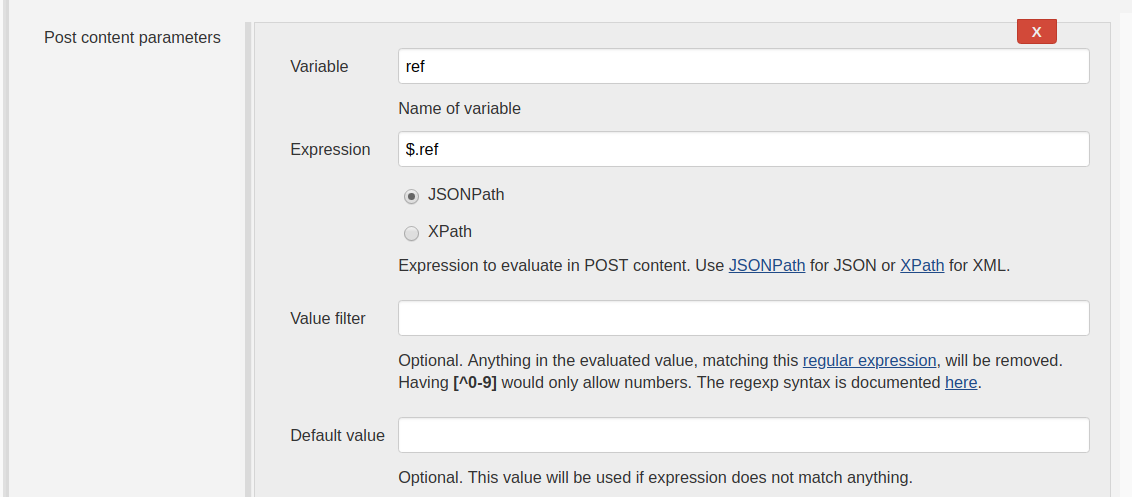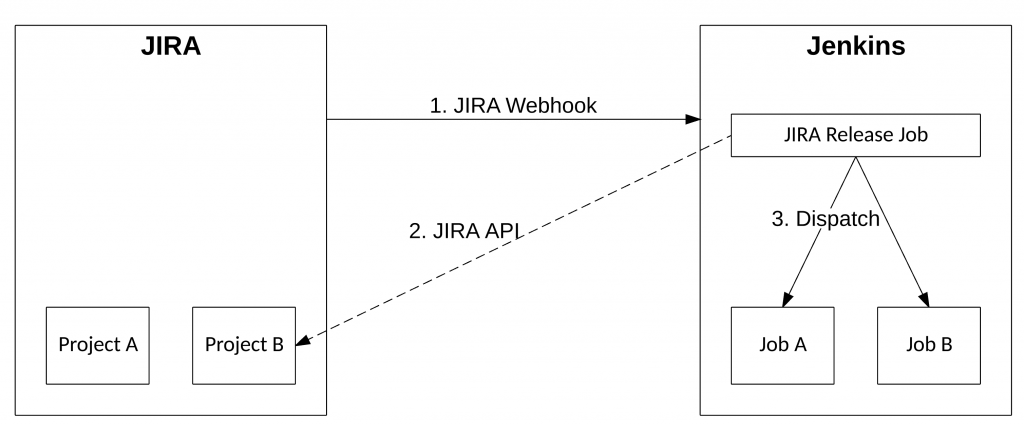

- #JENKINS GIT WEBOOK UPDATE#
- #JENKINS GIT WEBOOK VERIFICATION#
- #JENKINS GIT WEBOOK CODE#
Intermittently, and are temporarily disabled. Webhooks that return response codes in the 5xx range are understood to be failing If a webhook fails repeatedly, it may be disabled automatically. The feature is not ready for production use. To make it available,Īsk an administrator to enable the feature flag named web_hooks_disable_failed. On self-managed GitLab, by default this feature is not available.
To support fast response times, perform I/O or computationally intensive. Help you diagnose problems when examining the web hook logs. Limit the number and size of response headers. Stored so you can examine it later in the logs. GitLab does not examine the response body, and it is only Keep response payloads as short as possible. You can reduce the chances of this by ensuring that your endpoint is Timeouts), the same event may be sent twice. 
Never return 500 status responses if the event has been handled. Alternatively, it is acceptable to ignore unrecognized event Payload, since that is an indication that the hook has been set up Only supports push events, it is acceptable to return 400 if sent an issue Indicate that the webhook has been misconfigured. Only return error statuses (in the 4xx range) to
Prefer to return 200 or 201 status responses. Unless the web_hooks_disable_failed feature flag is set. #JENKINS GIT WEBOOK CODE#
GitLab usually ignores the HTTP status code returned by your endpoint,. You are writing a low-level hook, this is important to remember. Most HTTP libraries take care of the response for you automatically but if GitLab assumes the hook failed and retries it. Your endpoint should ALWAYS return a valid HTTP response. Webhook fails or multiple webhook requests are triggered. Hook failed, which can lead to retries and potentially cause duplicate If the response takes longer than the configured timeout, GitLab assumes the You should aim for sub-second response times in all circumstances. Your endpoint should send its HTTP response as fast as possible. If you are writing your own endpoint (web server) to receive GitLab webhooks, keep in mind the following: Slow and unstable receivers may be disabled temporarily to ensure system reliability. Webhook receivers should be fast and stable. #JENKINS GIT WEBOOK VERIFICATION#
Clear the Enable SSL verification checkbox to disable SSL verification.
In the Trigger section, select the events to trigger the webhook. In Secret token, enter the secret token to validate payloads. The URL must be percent-encoded if it contains one or more special characters. In URL, enter the URL of the webhook endpoint. In your project or group, on the left sidebar, select Settings > Webhooks. You can configure a webhook for a group or a project. Subgroup events Configure a webhook in GitLab. Group webhooks can also be configured to listen for events that are In a group and a project, they are both triggered by an event in the That occur across all projects in the group. You can configure a group webhook, which is triggered by events The number of webhook calls per minute. The maximum number of webhooks and their size, both per project and per group. To receive information from GitLab and send it to another app, according to your requirements.įor sending Slack notifications per project. 
Usually, you set up your own webhook receiver

Listens for specific events and GitLab sends a POST request with data to the webhook URL. For example, when new code is pushed or a new issue is created. You can configure your GitLab project or group to trigger a
Automatically assign labels to merge requests. Integrate with Twilio to be notified via SMSĮvery time an issue is created for a specific project or group in GitLab. #JENKINS GIT WEBOOK UPDATE#
Update a backup mirror, or deploy to your production server.
Trigger continuous integration (CI) jobs, update external issue trackers,. When the event occurs, the source app makes an HTTP request to the URIĬonfigured for the webhook. They are usually triggered by anĮvent, such as pushing code to a repository or posting a comment on a blog. Webhook fails or multiple webhook requests are triggered. How image URLs are displayed in the webhook body. Validate payloads by using a secret token. Configure your webhook receiver endpoint.








 0 kommentar(er)
0 kommentar(er)
